Blog
-
 2 November 2020
2 November 2020Accountability for Impact Investments: New UN Impact Management Standards Champion Hearing from People Affected by Investments
With the release of impact management that seek to align with the United Nations’ Sustainable Development Goals (SDGs), early October 2020 may very well be seen as a positive inflection point for accountability in private sector impact management. Recognizing the critical importance of hearing from communities impacted by investments, the new standards place an expectation on private equity funds in the impact investing space to demonstrate good governance and management through the availability and use of effective grievance mechanisms -
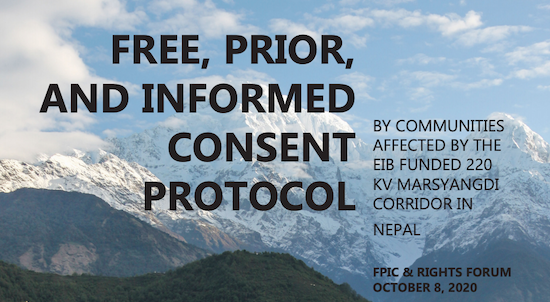 8 October 2020
8 October 2020Indigenous communities in Nepal launch Free, Prior, and Informed Consent protocol for EIB-funded Marsyangdi Corridor transmission line
KATHMANDU, 8 October 2020 – Today, Indigenous communities affected by the 220 kV Marsyangdi Corridor transmission line in Nepal call on their government and the European Investment Bank (EIB) to seek their Free, Prior, and Informed Consent (FPIC) in accordance with a protocol they are releasing detailing the FPIC process.… -
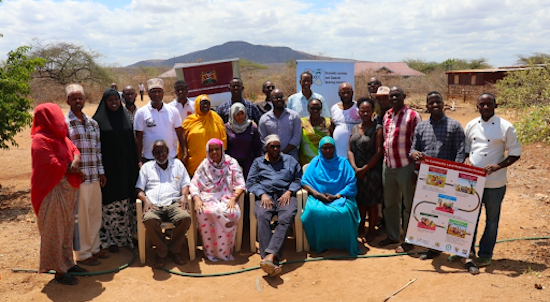 30 September 2020
30 September 2020Empowering communities in Northern Kenya: a knowledge sharing workshop on Independent Accountability Mechanisms (IAMs)
Gotu, Isiolo County Last week, I met with representatives from organizations in Northern Kenya that are working with communities to protect their land, natural resources, culture, and pastoral rights. Those organizations – from Isiolo, Marsabit, Garissa, Wajir – had expressed interest in learning more about using Independent Accountability Mechanisms (IAMs)… -
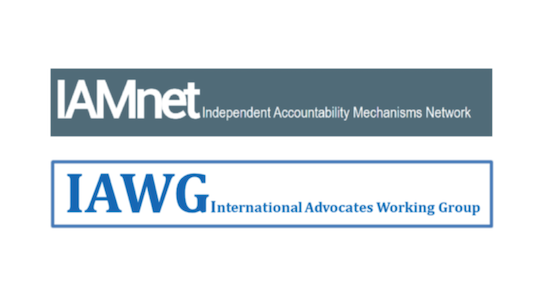 29 September 2020
29 September 2020Access and Eligibility Issues the Focus of IAM-CSO Accountability Roundtable
Last week, Accountability Counsel and 22 civil society organizations joined independent accountability mechanism representatives from 17 development finance institutions for a multifaceted and deep discussion of complaint eligibility issues that can hinder community access to justice. The International Advocates Working Group and the Independent Accountability Mechanisms Network coordinated the virtual roundtable event. -
 24 September 2020
24 September 2020Amplifying Community Expertise
Making sure that communities have the technical support they need to defend their rights is a fundamental component of Accountability Counsel’s work. We share two videos, created in collaboration with our partners at True Costs Initiative, which highlight the important and ongoing work of incorporating cultural knowledge and local expertise in concepts of science and technical expertise to further human and environmental rights. -
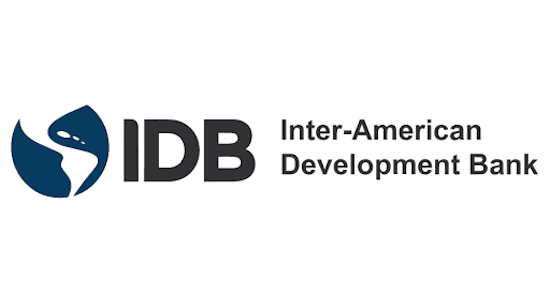 24 September 2020
24 September 2020IDB Safeguards Review Leads to Enhanced Accountability
The Inter-American Development Bank recently concluded a review of the environmental and social safeguards that regulate its public-sector financing activities. Among the many changes to the Environmental and Social Policy Framework are notable improvements that will enhance the bank’s accountability to local communities affected by its financing activities. -
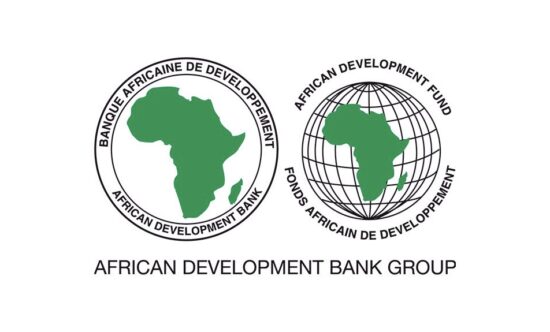 23 September 2020
23 September 2020African Development Bank Launches Public Consultation on its Independent Review Mechanism
The board of directors for the African Development Bank recently announced the first public consultation period for the review of the AfDB’s accountability office, the Independent Review Mechanism. Accountability Counsel will work with partners on the African continent and around the world to submit recommendations during the consultation to ensure that the IRM is an effective accountability tool for communities affected by AfDB financing. -
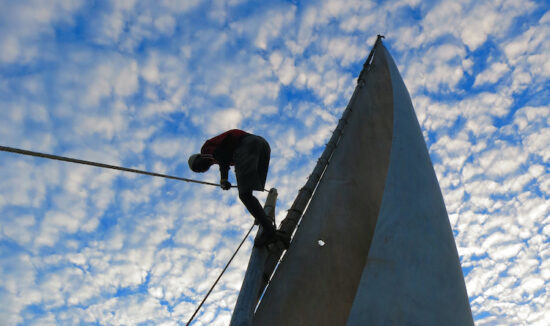 23 September 2020
23 September 2020Transparency of Financial Sector Investments Should be a Priority for IFC Reform Process: Save Lamu
The final report of the external review of environmental and social accountability at the International Finance Corporation (IFC) makes critical recommendations to enhance the transparency and sustainability of the IFC’s financial intermediary (FI) portfolio. The IFC invests billions of dollars into FI clients such as commercial banks, private equity funds… -
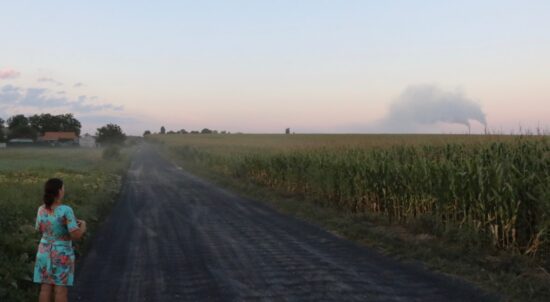 22 September 2020
22 September 2020Ukrainian Communities Support Recommendations for Strengthened IFC Accountability
The people most directly affected by the eventual outcomes of the external review of environmental and social accountability at the International Finance Corporation (IFC) are the people on the ground: the communities whose health, livelihoods and environment are exposed to the risks and impacts of the projects in which the… -
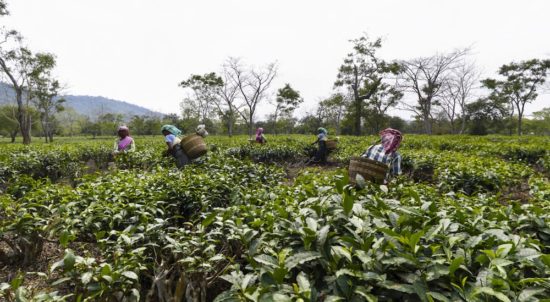 18 September 2020
18 September 2020The Search Is On For A New Accountability Leader At The IFC: What’s At Stake And Who Can Meet The Challenge?
The process for replacing the Vice President of the International Financial Corporation’s (IFC) accountability office, the Compliance Advisor Ombudsman (CAO), is well underway, and the stakes for selecting the right candidate for the job have perhaps never been higher. At all times, the head of the CAO needs to be… -
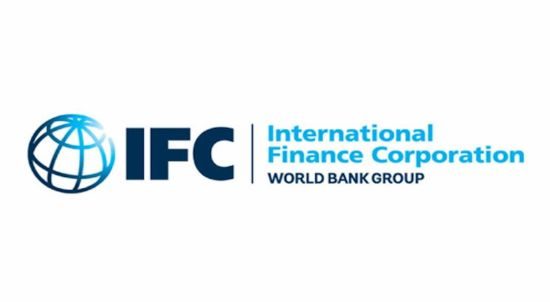 17 September 2020
17 September 2020Accountability Counsel and Partners Submit Comments on Key Report Consequential to Accountability Policies, Practices, and Culture at the IFC and MIGA
Accountability Counsel has joined with over 40 organizations to comment on the final report of an external review of environmental and social accountability at the International Finance Corporation and Multilateral Investment Guarantee Agency, which included an examination of their independent accountability mechanism, the Compliance Advisor Ombudsman. -
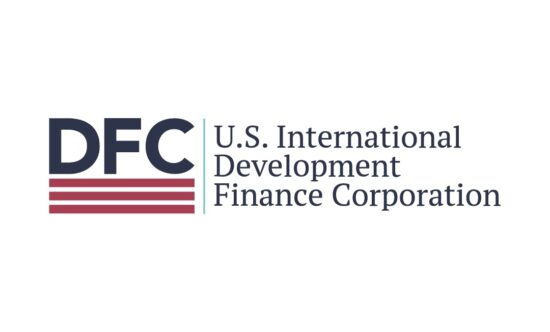 15 September 2020
15 September 2020DFC Establishes Important Office for Accountability and Community Feedback – Public Consultation Crucial to Further Ensure its Effectiveness
It has been nearly two years since Congress passed legislation to transform the U.S. government’s approach to development finance through the creation of the U.S. International Development Finance Corporation (DFC). Last week, DFC’s board of directors took an important step in fulfilling a key Congressional mandate by officially establishing an… -
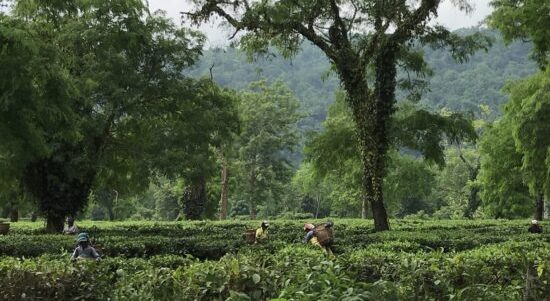 15 September 2020
15 September 2020Implementing the External Review Requires IFC to Provide Remedy to Assam Tea Workers
Accountability Counsel, together with our case partners, PAJHRA, PAD and Nazdeek, made a submission to the World Bank Board of Directors following the External Review of the IFC/MIGA accountability system urging IFC to implement a recommendation without delay and take responsibility to provide remedy to communities living and working in… -
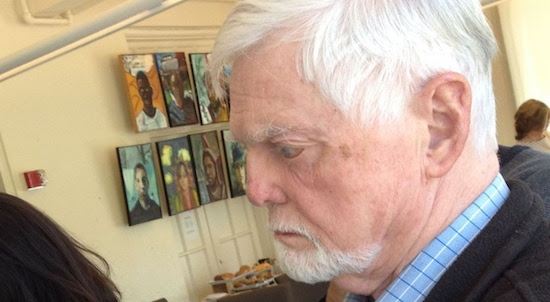 14 September 2020
14 September 2020Remembering Gerald “Jerry” Gray, 1935-2020
Jerry’s life-long commitment to speaking truth to power included serving as a founding Board Member of Accountability Counsel. We are grateful to have been touched by his humanity. -
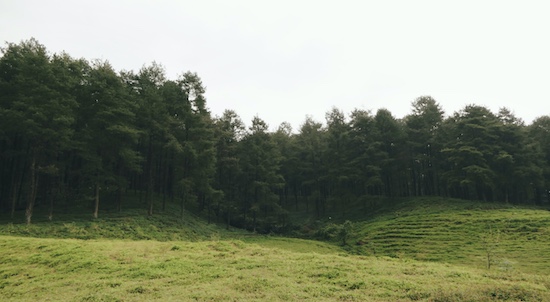 1 September 2020
1 September 2020Les projets de développement cofinancés démontrent la nécessité de mécanismes de redevabilité dans les investissements d’impact
Les mécanismes de redevabilité aident les investisseurs de projets de développement à savoir si leurs investissements ont atteint les objectifs visés. Pour cela, ils offrent aux personnes directement concernées par ces projets, une plateforme d’échange avec les décideurs sur les problèmes rencontrés sur place. Il est dès lors surprenant que… -
 1 September 2020
1 September 2020Los proyectos cofinanciados demuestran la necesidad de mecanismos de rendición de cuentas de las inversiones de impacto
Los mecanismos independientes de rendición de cuentas ayudan a los inversionistas a saber si las inversiones efectivamente han alcanzado los objetivos previstos, proporcionando a las personas impactadas por las inversiones un foro para compartir sus solicitudes con los responsables de la toma de decisiones en materia de inversiones. Es sorprendente, entonces, que… -
 31 August 2020
31 August 2020Co-financed Projects Demonstrate the Accountability Gap of Certain Impact Investments
AC Policy Fellow Rocío Trujillo Sosa discusses three cases studies, identified through the Accountability Console’s document search function, where impact investors learned of unintended impacts of their investments from communities providing feedback to DFI accountability offices. The case studies demonstrate that accountability offices help impact investors better understand their net impact by hearing from communities most impacted by their investments. -
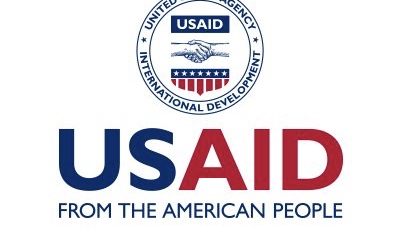 27 August 2020
27 August 2020Accountability Counsel Submits Comments on USAID Gender Policy
Today Accountability Counsel submitted comments on the U.S. Agency for International Development’s (USAID) draft Gender Policy. USAID provided very little time for public comment on the policy, and our submission called on USAID to extend the consultation to ensure that stakeholders can provide feedback on this important policy. -
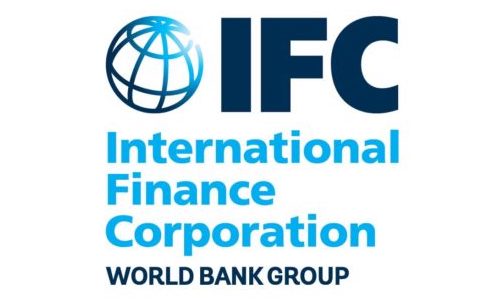 12 August 2020
12 August 2020World Bank Group Releases Recommendations to Strengthen IFC and MIGA’s Accountability Framework
The public can now see and comment on important recommendations regarding the accountability framework of the International Finance Corporation (IFC) and Multilateral Investment Guarantee Agency (MIGA). On August 11, the World Bank Group shared a report by external experts that evaluates the environmental and social accountability landscape at the IFC… -
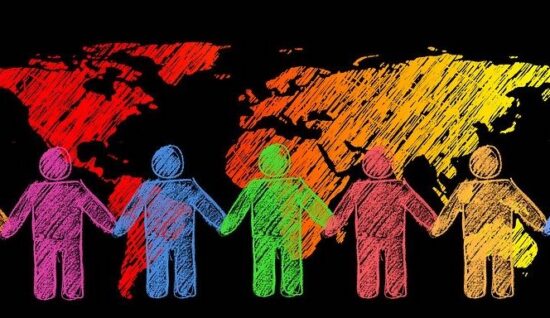 31 July 2020
31 July 2020Multi-Stakeholder Initiatives Hollow without Effective Grievance Redress Mechanisms to Underpin Sustainability, Ethical, or Fair Labor Standards – But There is Hope
Despite the promise of a new era of collaborative development, the premise of Multi-Stakeholder Initiatives actually bringing communities to the table for cooperative dialogue has remained questionable. As the UNDP looks to implement certifiable standards for the UN’s Sustainable Development Goals in the impact investing field, will it heed the call for greater stakeholder engagement and much needed accountability?

